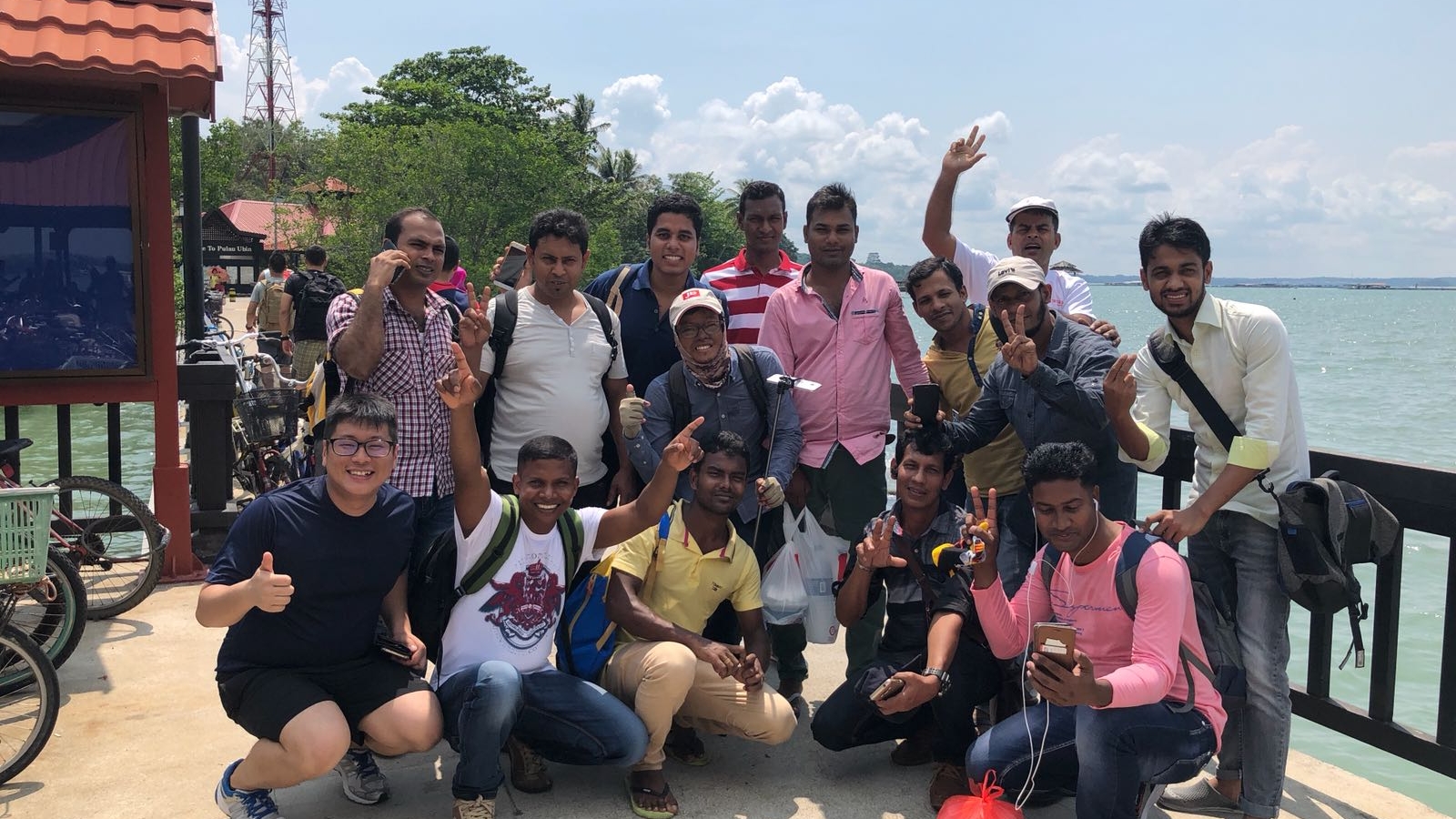Labour Day Statement 2018: Celebrating the Rights of All Workers
1 May 2018
This year on May Day, as we celebrate the rights of workers, we call upon everyone, including the Singapore government, the private sector, employer associations, and trade unions to not forget the rights and invaluable contributions of low-wage migrant workers.
Migrant domestic workers (MDWs) should be covered under the Employment Act so that the basic rights we take for granted, such as statutory limits on working hours, medical leave, and paid annual leave, can be extended to them. Their exclusion from labour law has led to gross exploitation and abuse: in the last 12 months, out of 870 women who stayed in HOME’s shelter, more than half complained of exhaustion from overwork as they had to work between 12 to 16 hours every day (some worked up to 20 hours a day without a single rest day). Another 160 did not have any days off at all even though a law was passed in 2012 that employers are required to grant domestic workers weekly rest days. Of those who did have rest days, most had only one or two days off a month.
HOME calls for better regulation of recruitment practices to prevent excessive recruitment fees and debt bondage-like situations. The indebtedness of migrant workers in Singapore is a significant factor in their compliance with degrading working conditions. The Employment Agencies Act (EAA) limits agency fees to one month of salary per contract year, at a maximum of two months fixed salary. However, domestic workers pay up to eight months of their monthly wages to recruiters in Singapore, while workers in the construction, marine and conservancy sectors pay between S$7,000 and S$9,000, with some paying between S$15,000 and S$20,000. The Singapore government maintains that it has no jurisdiction over these fees, even when money is paid via monthly salary deductions in Singapore and when fees paid in the workers’ countries of origin are remitted to employers and agents here.
HOME calls for the setting of minimum wages for workers. Due to their lack of bargaining power, migrant workers in Singapore suffer from chronically low, depressed wages, even though recruitment fees continue to rise exponentially. Newly-arrived Bangaldeshi construction workers are currently earning S$16-18 a day in basic wages, the same rate they were paid in the 1990s. Migrant construction workers from China are paid double what South Asian construction workers are paid, with no viable explanation for these wage differences. Domestic workers’ monthly wages fall within a broad range, depending on their nationality. South Indian domestic workers earn around S$350–S$450 a month; Burmese domestic workers around S$450–S$550; Indonesian domestic workers around S$500–S$600; Filipino domestic workers around S$550– S$650.
Singaporeans are paid more for doing the same job as migrants. The Singapore government has mentioned its Progressive Wage Model (PWM) as a means to deal with low wages. However, this PWM excludes foreigners. Migrant conservancy workers who clean our public housing estates have basic starting salaries of around S$400-S$500 a month, while resident (Singaporean/PR) cleaners are supposed to earn at least S$1,000 under the PWM. Including migrant workers under a minimum wage regime will prevent the wages of local workers from being undermined and ensure the integrity of the PWM.
We urge the Singapore government to ratify the International Labour Organization’s Domestic Workers Convention (C189) as well as the United Nations’ International Convention on the Protection of the Rights of All Migrant Workers and Members of Their Families and work towards aligning our national framework with these international standards for protecting the rights and wellbeing of migrant workers.
We also call upon the Singapore community to create a society where the rights of all workers, including migrant workers, are upheld, promoted, and celebrated. As it says in the book, A is for Activist,
Indigenous and Immigrant.
Together we stand tall.
We must all be vigilant.
An injury to one is an injury to all.

